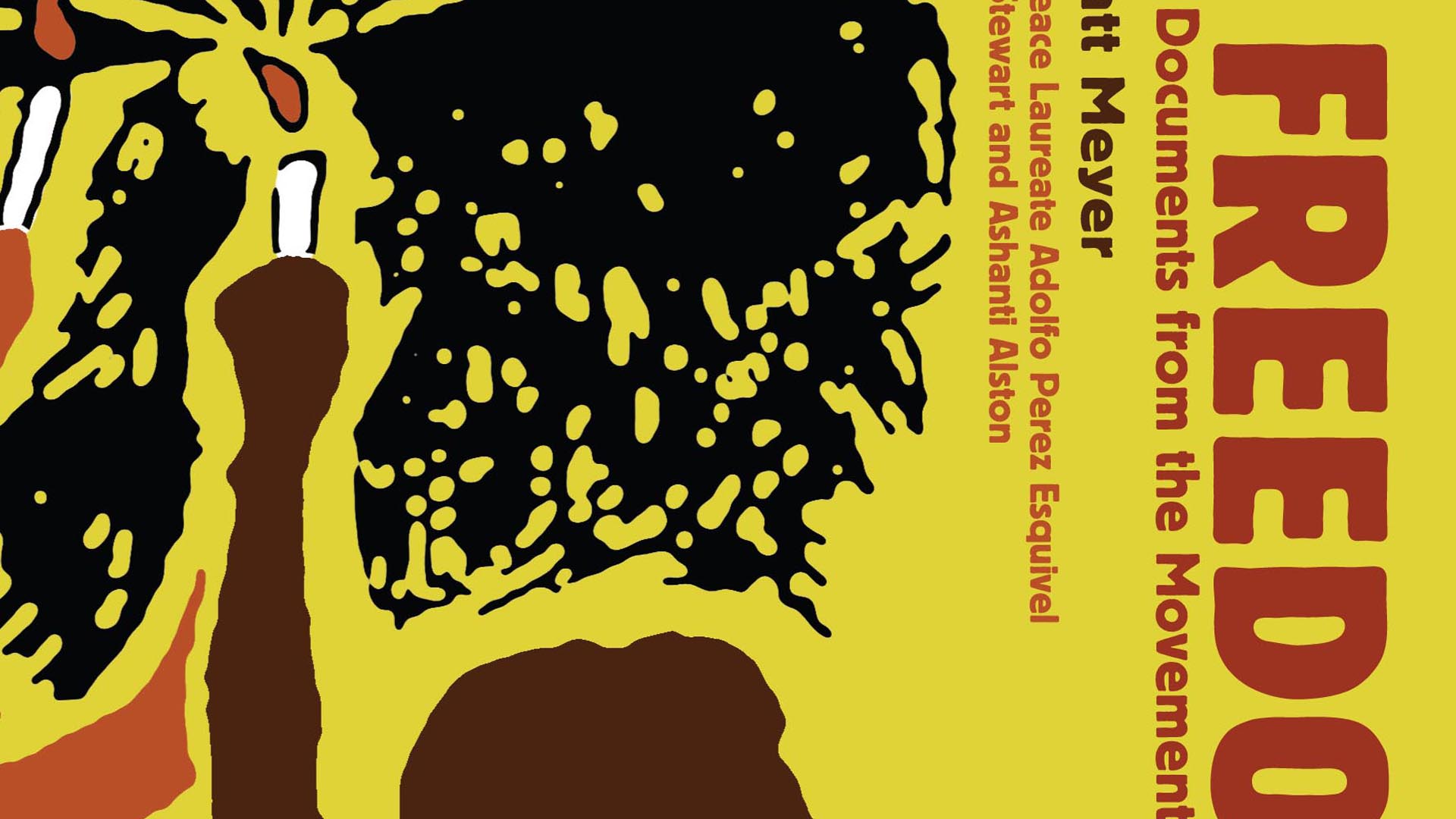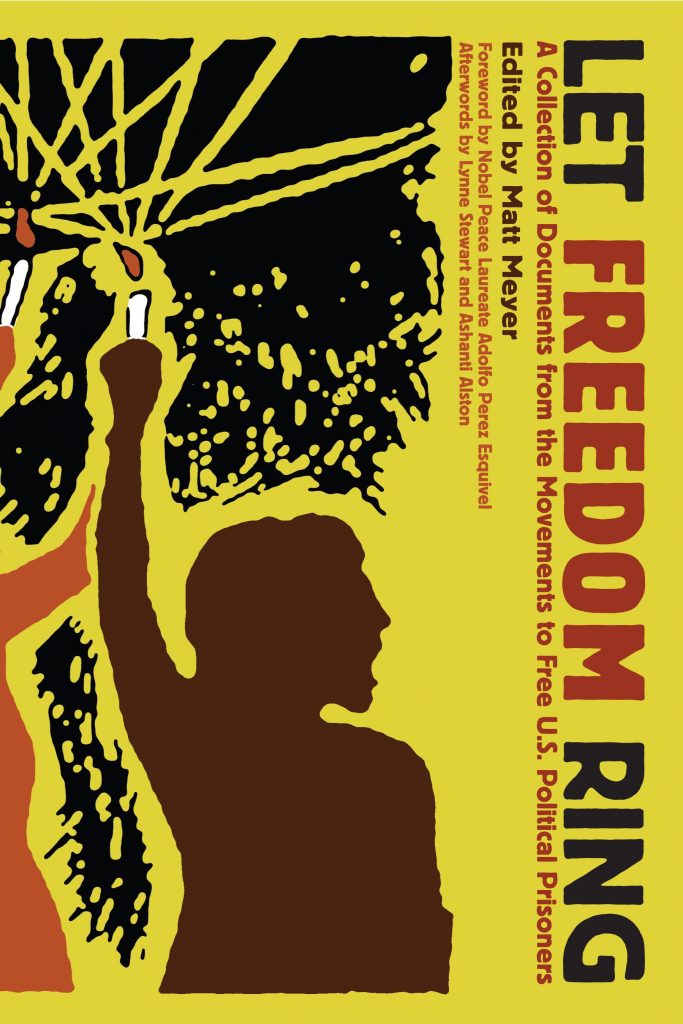By Hans Bennett
Z Magazine,
February, 2009
2008 marked
the ten-year anniversaries of both the prison abolitionist Critical
Resistance (CR) conference in Oakland, CA that coined the phrase “prison
industrial complex” (PIC) and the National Jericho Movement’s march in
Washington DC that demanded the release of all US political prisoners
and prisoners of war. To commemorate the 1998 events, the CR10
conference was held in Oakland in September, and Jericho organized a
march to the United Nations in October.
These two important
events in 1998 successfully re-energized the prison-activist and
political prisoner support movements rooted in the 1960s and 1970s.
However, while recognizing this accomplishment, three new books document
how the prison industrial complex has actually grown bigger and
stronger since 1998, while the post-911 climate has further escalated
political repression. While recognizing this frustrating reality, these
new books look honestly at both the accomplishments and shortcomings of
the last ten years.
Let Freedom Ring
Let Freedom Ring: A Collection of Documents from the Movements to Free US Political Prisoners,
is an epic 877-page compilation of both pre-existing documents and
original articles. Explaining the context of its release, editor Matt
Meyer cites the recent persecution of the San Francisco Eight, who are
former Black Panther Party (BPP) members being charged with a 30-year
old crime. Beginning with the 2006 grand jury, “the state threw down a
gauntlet. When it became clear that the investigations were reopening
cases based on evidence obtained primarily through torture, the message
was unmistakable: Be afraid, be very afraid, and don’t even think of
fighting back. When these same men stood strong, firm on the principle
that they would not take part in a new, government sponsored witch-hunt,
they sent a counter-message on behalf of us all: we will not allow our
communities, our struggles, our communities, our very lives to be
criminalized by a corrupt and racist criminal justice system.” This
spirit of resistance to state repression flows throughout Let Freedom
Ring.
The book’s many sections focus on a wide range of US
political prisoners, featuring both facts about their case, and actual
writing from the prisoners themselves. One particularly interesting
section is titled Resisting Repression: Out and Proud, which includes
the classic 1991 interview “Dykes and Fags Want to Know: Interview with
Lesbian Political Prisoners,” featuring Laura Whitehorn (released in
1999), a well as Linda Evans and Susan Rosenberg, who were both pardoned
by President Clinton in 2001. Also notable is a 1991 speech given by
former BPP political prisoner Dhoruba Bin-Wahad, who was released after
19 years. Considered a groundbreaking speech from a Black Muslim
revolutionary, Bin-Wahad declared that “we can not build a new society
if we premise that society on the oppression of other people.”
Continuing the legacy of BPP co-founder Huey P. Newton, he argued that
fighting the oppression of women and GLBTs is inseparable from the fight
against capitalism, racism, and all oppression. Also featured is a
tribute to the late Kuwasi Balagoon, who died in prison of AIDS-related
pneumonia in 1986. In the words of poet Walidah Imarisha, Balagoon “was
an anarchist in a Black nationalist movement, he was queer in a straight
dominated movement, he was a guerrilla fighter after it was ‘chic,’ and
he…demanded to be seen not as a revolutionary icon, but as a person,
beautiful and flawed.”
An entire section focuses on death-row
journalist, MOVE supporter, and former BPP member Mumia Abu-Jamal, who
is currently asking the US Supreme Court to consider his case for a new
guilt-phase trial. Abu-Jamal’s death sentence was somewhat overturned in
2001 when the US District Court ruled that he needs a new
sentencing-phase trial if the DA still wants to execute. The US Third
Circuit Court affirmed this 2001 ruling in March, 2008, but Abu-Jamal
has still never left his death-row cell, and the Philadelphia DA is
appealing this 2001/2008 ruling to US Supreme Court. If the DA wins
their appeal, Abu-Jamal could then be executed without a new
sentencing-phase trial. A decision from the Court on whether it will
consider these two appeals is expected in early 2009.







